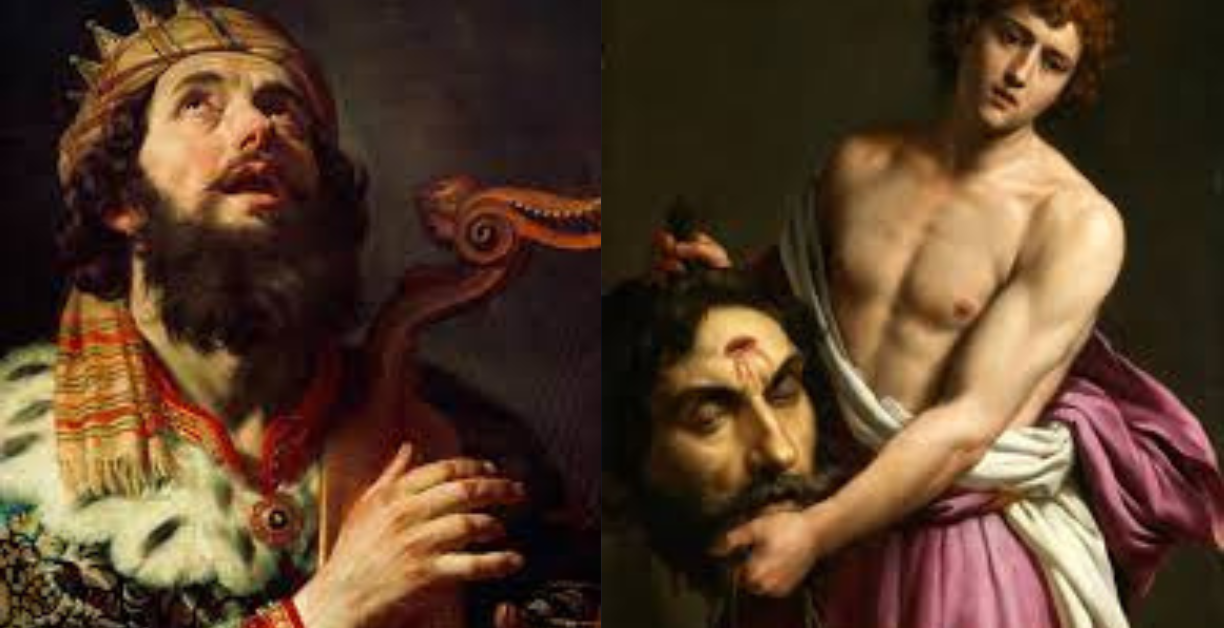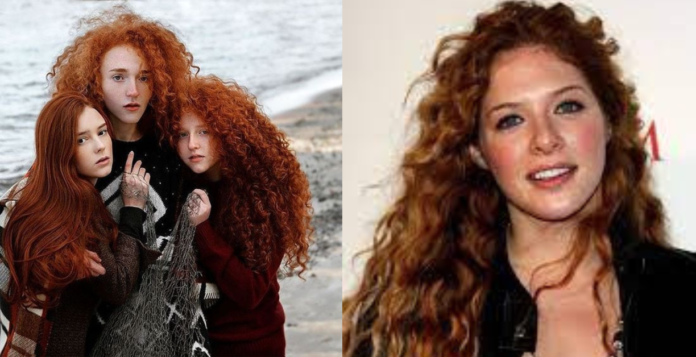Historians and academics are still debating did king david have red hair or not. Although his hair colour isn’t mentioned specifically in the Bible, it does characterise him as “ruddy” (1 Samuel 16:12). This term, which comes from the Hebrew word “admoni,” can describe the colour of hair or the complexion of the skin.
did king david have red hair
Some scholars argue that the term “ruddy” here refers to David’s skin tone, suggesting that he was tanned or had reddish complexion. Some claim that it’s probably a reference to his red hair, making him a redhead. This opinion is supported by the fact that Jacob’s brother Esau—who is specifically characterised as “red and hairy all over” in Genesis 25:25—is described in the same way.
We may state that, unlike certain images of ancient people, a description of David’s look is not “written in stone,” or, to put it another way, it is not coloured paint on stone.
Reasonable responses to the query “did king david have red hair?” are No, in agreement. Perhaps. We’re not sure. Let’s look into it and see if we can determine which is most likely.
Four choices are represented in most translations:
1)The term “admoni” refers to a healthy appearance rather than a physical characteristic of David;
2) it describes a naturally reddish complexion;
3) it describes skin that has been tinted by the sun and wind or may have blushed; and
4) it may refer to both a reddish complexion and freckles or red hair, which can occasionally go together.
“Ruddy” is arguably the most widely used translation. We are hesitant to translate this for two reasons. Ruddy sounds a little bit out of date. I can only remember hearing the term “ruddy” in literary works; I have never heard it in real life. Red or Rusty, not Rudd, is the term for men who have red hair and/or freckles.
The second problem is the ambiguity around the definition of reddish. There won’t be clear communication with this translation. It’s not a commitment. Ruddy, according to the dictionary I used in school, describes skin that is reddish in colour. However, according to a recent online word research, the term “ruddy” refers to something that is reddish, such as tomatoes, red hair, or a friend’s cheeks on a chilly winter’s day. This explanation eliminates all the option open.
Option 1 “No” appears to be the most common, frequently emphasising a complexion that is either naturally occurring or weather-influenced. Given the ambiguity of the term, “ruddy,” the translation might alternatively be stated as “maybe” or “we don’t know.” The belief that Jews at the time could not have had red hair is a significant argument in favour of the “No” response, yet this is supposition rather than proof.
Option 2, “Yes,” is the most insightful response since it delves deeper into the matter rather than merely repeating what is generally believed. When the EHV learns about queries or disputed matters, we usually make an effort to investigate and raise awareness of the matter.
We encourage readers to examine the matter by including two points of view: one in the translation and one in the notes. In this instance, it would be simple to defend including either viewpoint in the text or the footnote. The EHV intriguingly responds, “Yes, maybe, but we don’t know for sure,” when asked if David ever had red hair. And nobody else does either.
Ultimately, the question of whether King David had red hair remains unanswered. Nonetheless, it is not impossible that he did. David lived in the Middle East, where red hair is popular, thus it’s possible that his description as “ruddy” implied that he had red hair.
Even though the exact colour of King David’s hair or did king david have red hair may never be known, the idea that he had red hair lends an intriguing twist to his already intriguing tale.
David is referred to in the Bible as “admoni,” a Hebrew term that can imply both “ruddy” and “red.”
Some academics contend that since Esau’s “red hair” is referred to by the same term, David’s hair colour is probably included as well.
Ancient translations such as the Septuagint, which render “admoni” as “pyrrhos,” which meaning “red,” lend credence to this interpretation.

Esau’s Scarlet Hair:
“Red hair all over” is how Esau, David’s distant ancestor, is specifically described in Genesis 25:25.
This implies that David may have inherited the family’s hereditary propensity for red hair.
In the Middle East, Red Hair:
In the Middle East, where David lived, red hair is a natural hair colour, albeit it is not as widespread as it is in Europe. It’s possible that outside elements like sun exposure accentuated the crimson tones in his hair.
Creative Illustrations:
Artists have frequently portrayed David as having red hair throughout history, indicating a long-standing belief in this idea.
Even the Roman historian Josephus said of David that he had “golden hair,” which could be taken to mean red.
Justifications for Not Redheaded David:
* Absence of Direct Mention:
The Bible never makes it clear that David had red hair, thus there are a variety of ways to interpret the word “ruddy.” Some academics contend that rather than David’s hair colour, the focus is on his pale complexion.
Variations in Translation:
Various Bible translations choose different meanings for “admoni,” such as “ruddy” or “fair,” while others use “red” or “tawny.” This contradiction raises the possibility that the original Hebrew phrase may not have had a clear meaning in this context.

Symbolic Explanations:
According to some academics, the term “ruddy” refers to David’s youthful vitality and attractiveness in a symbolic sense rather than being a literal description of his hair colour.
The enigma surrounding did king david have red hair is still intriguing and is masked by conflicting historical accounts and interpretations. The Hebrew word “ruddy” conjures up images of someone with red hair, but it’s crucial to recognise that there could be various interpretations as well as the limitations of historical data.
In the end, the flexibility is what makes it so beautiful. Whether you picture David as a youthful, sun-kissed man or as a fiery redhead, his legacy is timeless and inspires people from all walks of life. Maybe the real significance is found in accepting the variety of interpretations and the countless opportunities that his story presents, rather than in trying to lock down his exact appearance.















